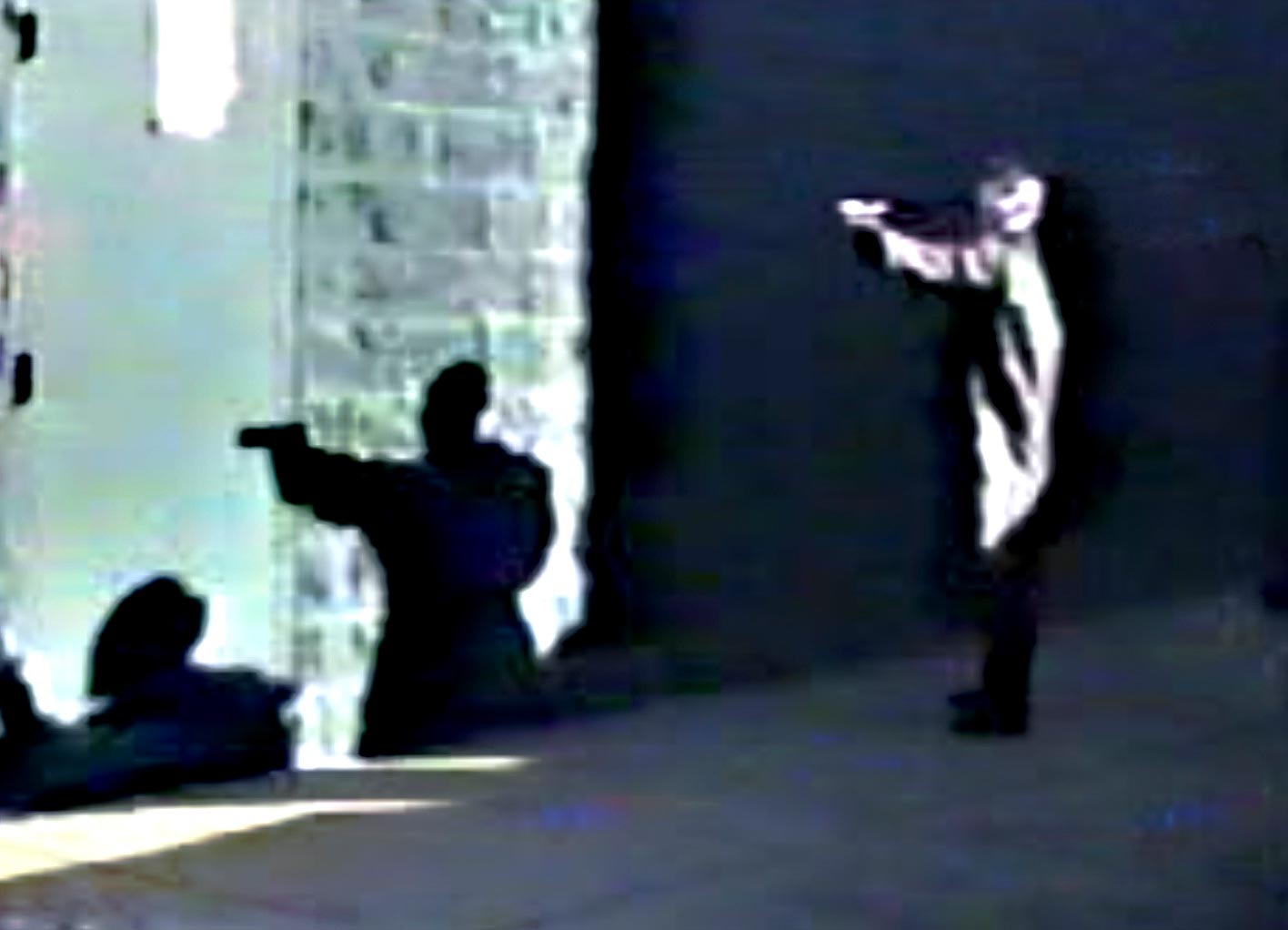Inside the hidden archives of America's mass shootings
- Text by Andres Gonzalez
- Photography by Andres Gonzalez

On 14 December, 2012, Adam Lanza walked into Sandy Hook Elementary School in Newtown, Connecticut, and shot and killed 26 people, most of them under the age of seven, before killing himself.
Two weeks earlier, I had just returned to the US after living in Istanbul for six years.
Having recently published my first monograph of photographs from far-flung locations, I felt like it was time to try and interpret my own home.


Then came Sandy Hook. I remember the day acutely, the complicated emotions of transition and tragedy embedding themselves in my soul.
Over the following year I thought seriously about the cloud that hangs over this country and how I could explore it as a visual storyteller.
I started visiting sites of mass shootings – from Columbine to Sandy Hook – in a bid to understand the cycle of violence overwhelming America.

Commemorative balloons released into the sky.
Latest on Huck

In the ’60s and ’70s, Greenwich Village was the musical heart of New York
Talkin’ Greenwich Village — Author David Browne’s new book takes readers into the neighbourhood’s creative heyday, where a generation of artists and poets including Bob Dylan, Billie Holliday and Dave Van Ronk cut their teeth.
Written by: Cyna Mirzai

How Labour Activism changed the landscape of post-war USA
American Job — A new exhibition revisits over 70 years of working class solidarity and struggle, its radical legacy, and the central role of photography throughout.
Written by: Miss Rosen

Analogue Appreciation: Emma-Jean Thackray
Weirdo — In an ever more digital, online world, we ask our favourite artists about their most cherished pieces of physical culture. Today, multi-instrumentalist and Brownswood affiliate Emma-Jean Thackray.
Written by: Emma-Jean Thackray

Meet the shop cats of Hong Kong’s Sheung Wan district
Feline good — Traditionally adopted to keep away rats from expensive produce, the feline guardians have become part of the central neighbourhood’s fabric. Erica’s online series captures the local celebrities.
Written by: Isaac Muk

How trans rights activism and sex workers’ solidarity emerged in the ’70s and ’80s
Shoulder to Shoulder — In this extract from writer Jake Hall’s new book, which deep dives into the history of queer activism and coalition, they explore how anti-TERF and anti-SWERF campaigning developed from the same cloth.
Written by: Jake Hall

A behind the scenes look at the atomic wedgie community
Stretched out — Benjamin Fredrickson’s new project and photobook ‘Wedgies’ queers a time-old bullying act by exploring its erotic, extreme potential.
Written by: Isaac Muk